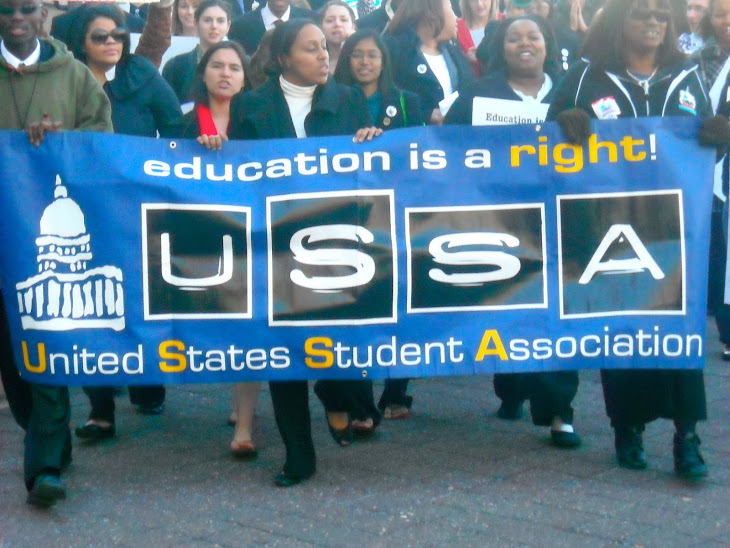The air seems particularly heavy with partisan ideology these days. Maybe it was Justice Sotomayor's confirmation hearing, perhaps healthcare reform, or even the renewed discussion on police/race relations. Regardless of its foundation, this political zealotry has begun seeping into the Student Aid and Fiscal Responsibility Act debate. Hopefully, when Congress returns from the August recess and assumes the SAFRA discourse, common sense will replace partisan entrenchment.
In response to the SAFRA's provision that eliminates the FFEL program and invests the $87 billion savings into the Pell grant, Congressman John Kline, the Ranking Republican on the House Education and Labor Committee, acrimoniously asked "is these any industry not on the verge of federalization?" Congressman Brett Guthrie is not "comfortable with the idea of the federal government acting as a profit-making bank."
Come on guys. Let's review the facts.
Sallie Mae, the country's largest private student loan company, has doubled its borrower-default rate since 2006 and overbilled the U.S. Treasury by $22.3 million from 2003-06. The guaranty agencies that administer these private loans received just $177 million for default aversion fees last year, versus $948 million for collecting defaulted loans! Not much incentive to help students pay off their debt with that financial schism. Conversely, the National Association of Student Financial Aid Administrators recently found that 61% of colleges that switched to the government's Direct Loan program found it less burdensome than FFEL and 80% made the switch within just four months.
So, if Congress makes the SAFRA debate about the most efficient way to administer student loans, rather than some abstract philosophy stalemate over federalism, it's clear that sticking to partisan bumper sticker lines isn't going to cut it.

No comments:
Post a Comment